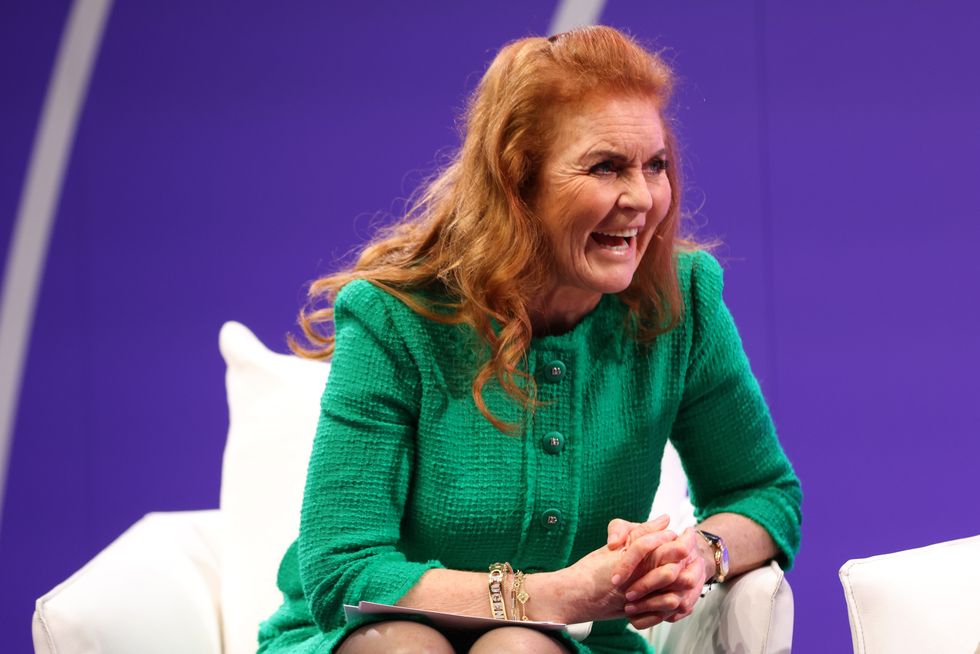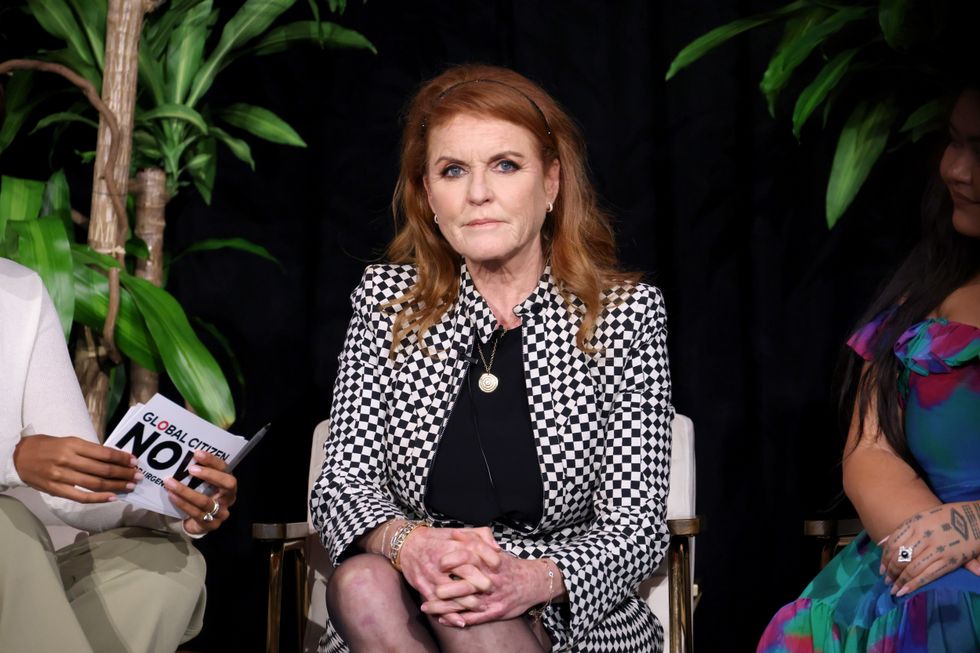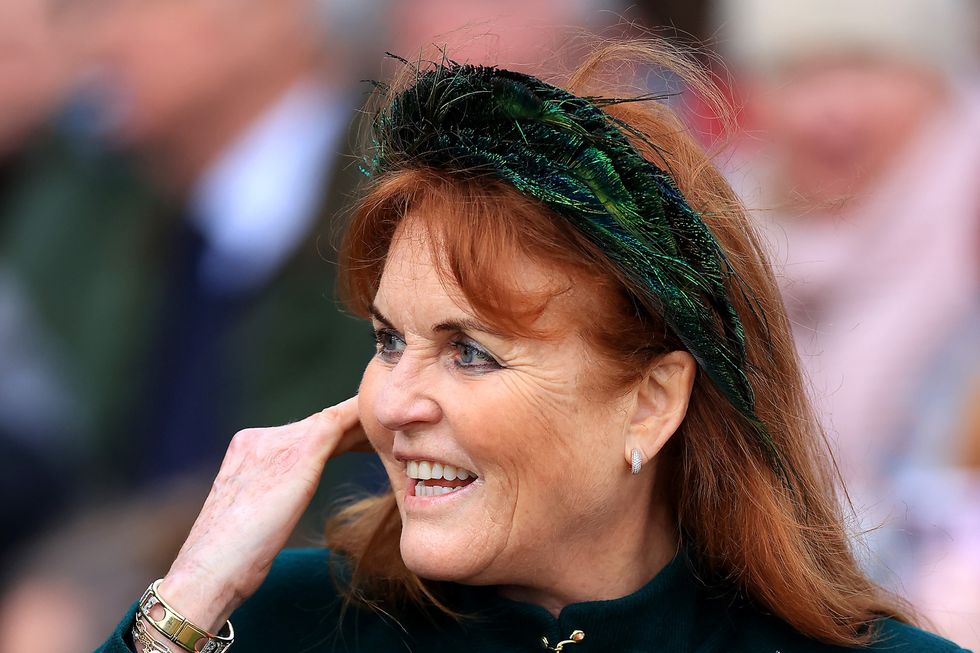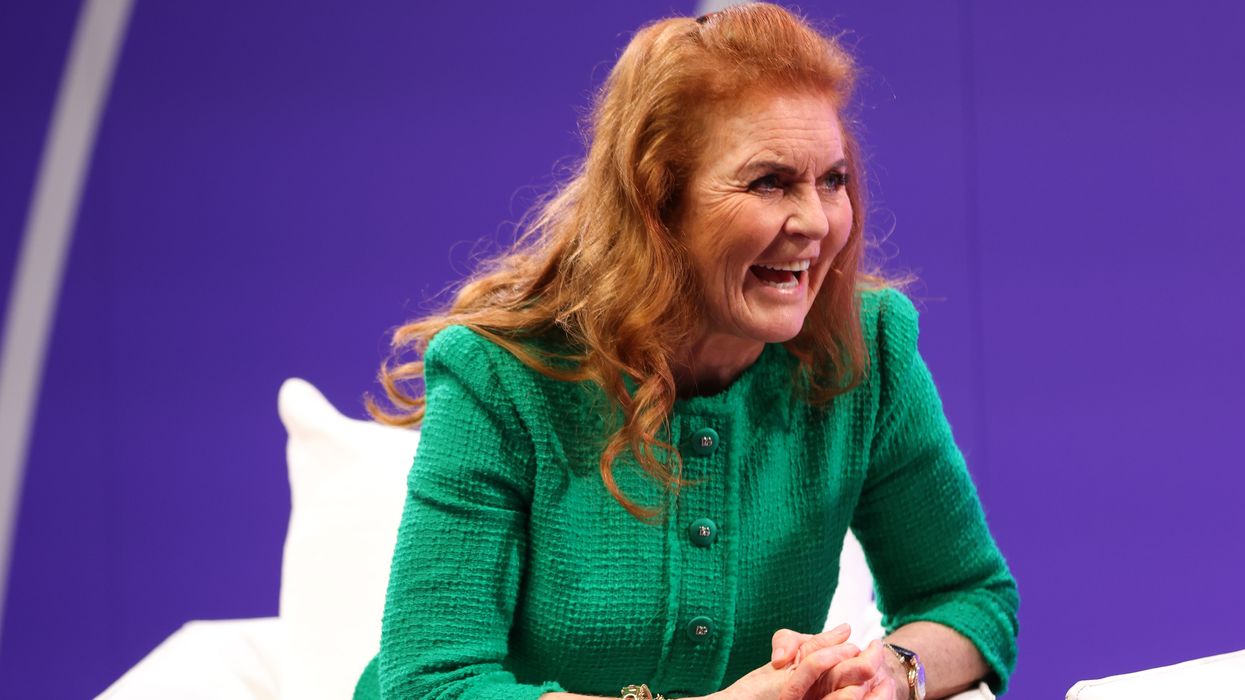Highlights:
- At least seven UK charities dropped the Duchess of York as patron following reports of a 2011 email to Epstein.
- The email described the convicted sex offender as a "supreme friend," contradicting her public statements.
- Ferguson's spokesperson claims the message was sent on legal advice to counter a defamation threat.
- The move is similar to the prior downfall of her ex-husband, Prince Andrew, over his Epstein links.
Sarah Ferguson has seen her philanthropic world unravel after charities cut ties with her over a newly surfaced email describing Jeffrey Epstein as a “supreme friend.” The Duchess of York, once a staple in UK charity circles, now faces huge public backlash, pointing to the fragile line between royal goodwill and scandal. The primary controversy stems from correspondence following Ferguson’s 2011 interview in which she publicly denounced Epstein’s crimes, only to privately send him a conciliatory message.

What did the reported email from Sarah Ferguson actually say?
The content of the email, as reported by The Sun, makes for pretty grim reading. It was sent in 2011, just weeks after Ferguson gave an interview where she apologised for accepting £15,000 from Epstein. In that public statement, she called it a "gigantic error of judgement" and vowed to have "nothing ever to do with Jeffrey Epstein ever again."
The private email, however, struck a completely different tone. She reportedly offered a "humble apology" for linking him to sex abuse scandals. The real kicker was the line where she wrote that Epstein had "always been a steadfast, generous and supreme friend to me and my family." The email, in fact, raises questions about how long Ferguson’s private views may have differed from her public statements.

Why have the charities acted now?
It’s all about timing and appropriateness. For these organisations, their patron's reputation is inextricably linked to their own. Julia’s House, a children’s hospice, was the first to go, stating the reported correspondence made Ferguson’s position "inappropriate." Others followed suit rapidly, including the Teenage Cancer Trust, which had her as a patron for 35 years. That’s a long association to end, which tells you how seriously they view this.
The Natasha Allergy Research Foundation and Prevent Breast Cancer were among the others that cut ties. Their reasoning is simple: the email revelation creates a reputational risk they simply cannot afford. It doesn’t matter when it was sent; the fact that it exists and is now public is enough.
What is Sarah Ferguson's explanation for the Epstein email?
Her team isn’t denying the email’s existence. Instead, they’ve provided context, framing it as a strategic move rather than a genuine change of heart. A spokesperson stated that after her initial interview, Epstein threatened to sue her for defamation. On the advice of her lawyers, she allegedly sent the conciliatory email to "assuage Epstein and his threats." The official line is that she "deeply regrets" ever being associated with him.

How does this connect to the wider fallout from the Jeffrey Epstein scandal?
This isn’t the first royal scandal tied to Epstein. The Duke of York’s own association with Epstein led to him being stripped of his military titles and royal patronages in 2022. His car-crash BBC Newsnight interview was a pivotal moment. Ferguson, despite their divorce, has remained closely tied to him, and this episode feels like a second wave of the same scandal hitting the family again. It raises uncomfortable questions about the depth and duration of their connections to Epstein long after his crimes were known. For the royals, it’s another unwelcome headache, like a reminder of a scandal that refuses to fade.





